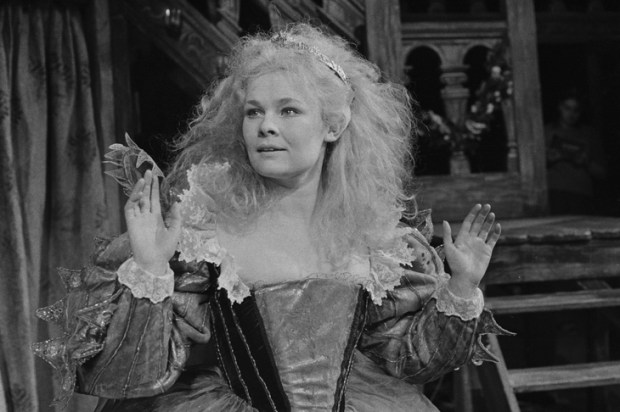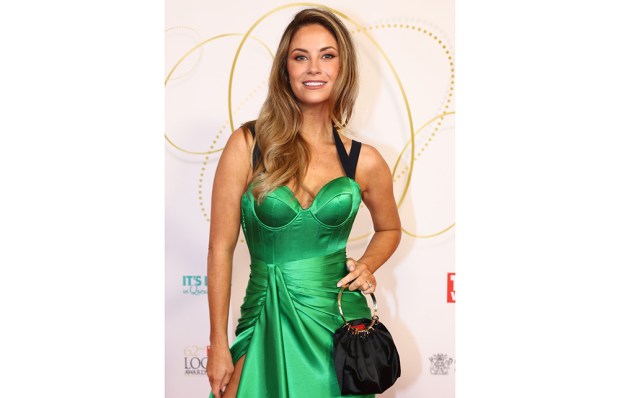George Pell is dead. Although he was 81, no one would have predicted it. The Cardinal who had had to suffer more than a year in prison as a consequence of charges that should never have been laid and who was ultimately exonerated by the unanimous judgment of the High Court died of a cardiac arrest following a hip replacement operation. It was weird because he had seemed indomitable and suddenly the light was out. The press has been mixed with David Marr producing a scathing if brilliantly articulated dim view and a chorus of those who emphasised his achievements and his human warmth including my brother Greg, the constitutional lawyer who used to run the Catholic University.
It was good to see that fine journalist Chip Le Grand quote Robert Richter, the famous barrister, on how much he had admired Pell. It was the Jewish liberal who had told Pell to have another look at the Book of Job, that devastating book of the Hebrew Bible that is at the very edge of tragedy because it depicts the suffering that God is willing to allow to fall on an innocent individual. Remember the terrible eloquence with which Job’s pain is rendered ‘Let the day perish wherein I was born, / And the night in which it was said, there is a man child conceived. / Let that day be darkness.’ And the voice of God when it is heard sounds like a voice of brute power triumphing in the superiority of His majesty, ‘Where wast thou when I laid the foundations of the earth?… Canst thou draw out leviathan with a hook?’
A Christian like Pell thought the New Testament had gone further in terms of mercy and solace. But it was the Jewish silk who spoke for Pell and said, risking contempt of court, that we had convicted an innocent man, and this didn’t happen very often. He also said of Pell that he was a humorous man and a spiritual one. It’s striking too that in the Victorian appeal which Pell lost, despite the brilliance of his barrister Bret Walker, it was Mark Weinberg who wrote the devastating dissenting judgment.
The three volumes of journals that Pell wrote in prison form a record of a man who was utterly committed to his vision of the truth and which accords with Richter’s sense of not only the humour but the spirituality. Of course he watches AFL, he reads War & Peace with a delight that keeps him going long into the night, he confesses that Hobbes’ Leviathan, that hymn-book of conservatism which justifies the state taking violence as its sole prerogative, defeats him and he also prays constantly for his fellow prisoners asking God to help the downcast, the outcast, especially those who turn their backs on the good. He speaks over and over of mercy, he throws himself on the grace of the Most High, but he prays regularly for the insulted and the injured, those who walk in darkness.
The upshot of the journals – which is incidental, it has nothing to do with the author’s intentions – is that no one who reads them will doubt that Pell was innocent. It’s not simply that his guilt was not established beyond a reasonable doubt – though that is always how jurists will phrase it – but that this trapped man of administrative action has an impassioned sense of the value of every human soul and also of the vast range of human possibility.
The three volumes of Cardinal Pell’s journals are published by the religious publisher Freedom Publishing – marketing@freedompublishingbooks.com.au – which works in some sense to marginalise them. They come with the encomia of figures like Cardinal Timothy Dolan of New York and Bishop Robert Baron, the conservative Catholic media advocate –which gives them an international profile for the very traditionalist brand of Catholicism they, like Cardinal Pell, adhere to but this meant they missed out, a bit weirdly, on achieving a national centrality.
All of which is easily remedied by contacting Freedom who just at the moment have reissued a series of books by the German pope, the former Cardinal Ratzinger, who died just before Pell. These include his memoirs.
It was said of Benedict and of Rowan Williams, the former archbishop of Canterbury, now master of Magdalene College Oxford, that they were both intellectuals of the first rank, which meant they were the most able and agile figures to lead their respective churches for hundreds and hundreds of years. This is no doubt unfair to all sorts of towering figures, including John Paul II and William Temple, the wartime archbishop of Canterbury who thundered in the House of Lords at what the Nazis were doing to the Jews.
Pell had a bit in common with one of the most formidable figures in that variety of Catholicism which came out of the Oxford Movement. Cardinal Manning was an opposite figure to John Henry Newman, that other cardinal. Manning was a supreme administrator. He is the very formidable figure that great debunker Lytton Strachey has a go at in Eminent Victorians. And he is a long way from Newman, who was attracted to the idea of progressive revelation, to the truth that reveals itself through history. Manning was an establishment figure who also marched with oppressed dockside workers.
Pell too was a resolutely practical churchman. He is attacked for the Melbourne Response – which compensated victims of the church’s sexual abuse – as if it were a cost-saving exercise whereas it was, however imperfectly, an attempt to do the right thing.
Anyone who is alert to the way he stood up like a lion to financial abuse in the Vatican will get a highlighted sense of the courage of Pell.
The way in which so many people think he deserved what he got, however innocent he was in the case of the choir boys, because of the track record of the church, is indulging in illiberal prejudice. The witch hunt against Pell – and this is hard for us to get our heads around because of what it says about our society – was actually operating at the time of the Royal Commission which Pell testified to for 65 hours.
Got something to add? Join the discussion and comment below.
You might disagree with half of it, but you’ll enjoy reading all of it. Try your first month for free, then just $2 a week for the remainder of your first year.













